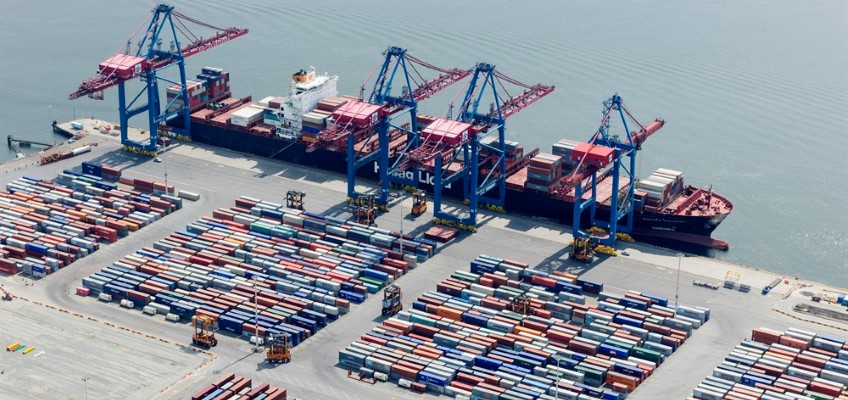The international competitiveness of the Swedish maritime transport 2019

Traffic analysis has the Government's commission to follow up on the international competitiveness of the Swedish maritime transport annually. This year's follow-up states, among other things, that the Swedish vessel register has reversed the negative trend in recent years and that the number of Swedish-registered vessels increased in 2018.
The Swedish-registered commercial fleet of vessels exceeding 100 gross tonnes grew from 304 vessels in 2017 to 318 in 2018. The greatest increase occurred in the 1 500–4 999 gross-tonne size class, in which there was a 29 percent increase in the number of vessels and a 39 percent increase in tonnage. However, in the largest-vessel class, i.e., over 40,000 gross tonnes, the number of vessels and the tonnage did decline by several percentage points.
Over a longer period, i.e., since 2011, the vessel register in Poland saw a dramatic increase in registered vessels, measured in dead weight tonnage, as did the registers of Singapore, Malta, and the Faeroe Islands. Among our Nordic neighbours, Denmark’s register displayed positive growth, while Sweden and Finland have seen negative trends since 2011.
The Swedish-controlled fleet has continued to grow. The total tonnage rose from just over 12 million gross tonnes in 2010 to just over 17 million in 2018, corresponding to average annual growth of just over 4 percent. The utilisation of the Swedish-controlled fleet as measured in gross days increased by 17 percent in 2018 compared with the year before.
This year’s report pays particular attention to the market for Swedish ports, as well as to several aspects of Swedish ports in contrast to foreign ones. We note that Sweden has more and smaller ports than do many other countries, and that Swedish ports generally have a lower degree of utilisation and more unutilised capacity. Swedish ports are more dispersed geographically, meaning that, compared with continental ports, they serve local markets to a greater extent and there is less competition among them. Transport Analysis also notes that Sweden has no specific port legislation, and that the role of Swedish ports in the national transport system is relatively unclear.
